Tech chats with my father
“I remember how someone said to me, ‘There is this thing, which is a letter that you write on a computer, and when you’ve written it, you press a button and a person receives it on the other end in less than a second.’”
Said my father last Sunday and took a sip of red wine.
“What did you say to that?” I asked.
He replied with a stern look.
“Impossible.”
I’ll be honest. Explaining to my dad how I’ve moved from making shows to making an email app was nothing short of a bizarre experience. It was tough for him to get over the fact that I didn’t pursue a career in nuclear physics and now this. I explained the philosophy behind Paperfold. How it’s time to get back to private communication. Without ads and Big Brother. How email shouldn’t have a 90s look about it. How it needs to get seriously visual and fun. Like the best shell suit.
“Imagine writing a letter or opening one. That’s how good email needs to feel.”
Ignoring my pitch in a way only fathers can get away with, he continued:
“Sven told me that there’s a school somewhere in Sweden where they don’t teach kids how to handwrite anymore. They learn how to type. They don’t know how to write.”
I’m a keen letter writer. I like post its. If I didn’t have limbs to act as carriers of my reminders, I’d probably never get anything done. The thought of a child being denied the opportunity to perfect their handwriting in school made me sad. Imagine a kid saying: ‘Wow you wrote that with your hand? That’s so cool.’ More than that, I wondered where that typing from day one at school might end up.
Five minutes later and ten years after it had launched, my father asked:
“Why do people share personal things on what’s it called?”
“Facebook.”
“Yes. The Facesbook.”
“I don’t know. We do. But I think we do it less.”
Departure from social
Over the last few months I’ve observed a few things in the social app space. Here’s the run down of just a few that you probably know about already.
Start of 2014. The disappearing video app Snapchat explains why they turned down a $2 billion cash offer from Facebook. Google makes $16.8 billion in annual revenue via targeted ads including those next to our emails. Facebook turns 10. Facebook buys WhatsApp at $19 billion. More than 4,000 people watch Edward Snowden speak at SXSW and 40,000 more online. Last speaker this popular at SXSW was Mark Zuckerberg in 2008. The anonymous social app Secret raises $10 million at a $50 million valuation just six weeks after launch. Facebook buys Oculus at $2 billion and rolls out new privacy features. Gmail turns 10 this week.
We are seeing a massive shift towards a trend in private, anonymised and disappearing communication.
Josh Constine’s article explains how Facebook joins Google in the ‘hunt for the future’. It describes Facebook’s mission as something that has shifted from “to make the world more open and connected” to something quite different. “To give people the power to share.” Share what?
Let’s admit it. Sharing our private lives with a lot of people is not as cool anymore.
Talking privately, feeling joy
A long time ago, I used to write long emails to my sisters when we all lived in different places. Remember how writing and receiving an email was an event in 1999. A time capsule in writing. Sharing stories. Internet cafes. Over the years we’ve collated dozens of these and recently printed and bound them all out into a makeshift book.
We associate email with work, but amongst all the great apps we use, personal email still remains the oldest channel of our private online communication. It tells a story. And this is why Paperfold came about. Going back to your personal email account and reviving the joy of opening a top secret letter for the content that we’ve got in 2014. No targeted ads. No private data taken. That’s the way we think it should be. And it’s invite only, because we want to get it right. So what’s the call to action you ask?
Write an email to a close friend again. A time capsule in writing. Share a story. A joke. A photo from last weekend. Dig out an old email and send it to your sister. Share with care. Question where your private data goes and never compromise on that. Encourage people around you to do the same.
At the end of the day, it’s in the name. It’s private data.
Not for sharing and not for sale.
